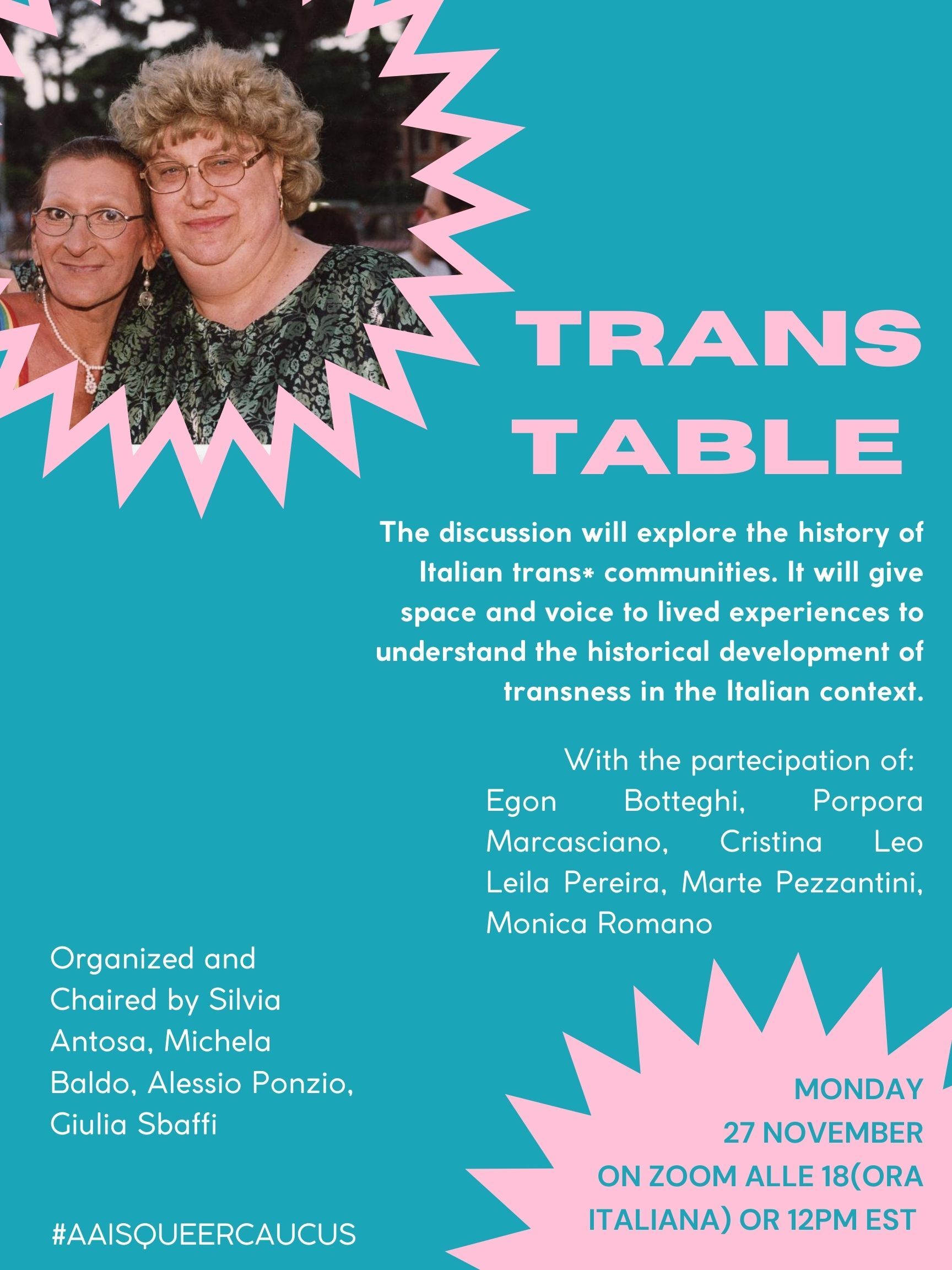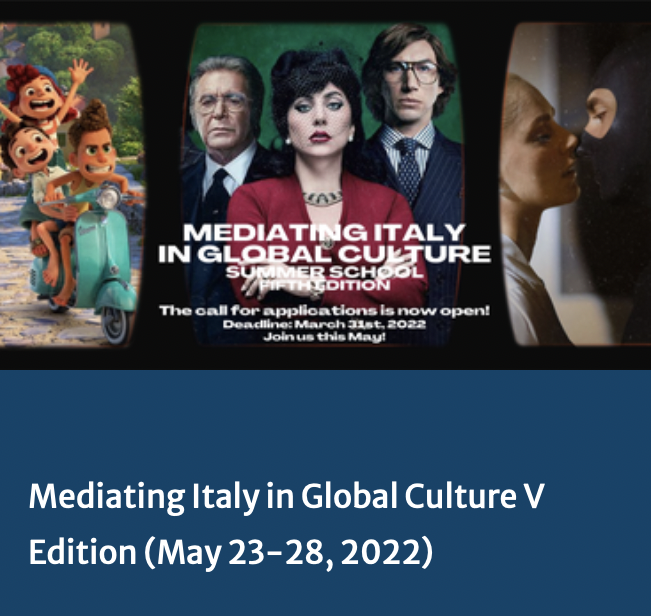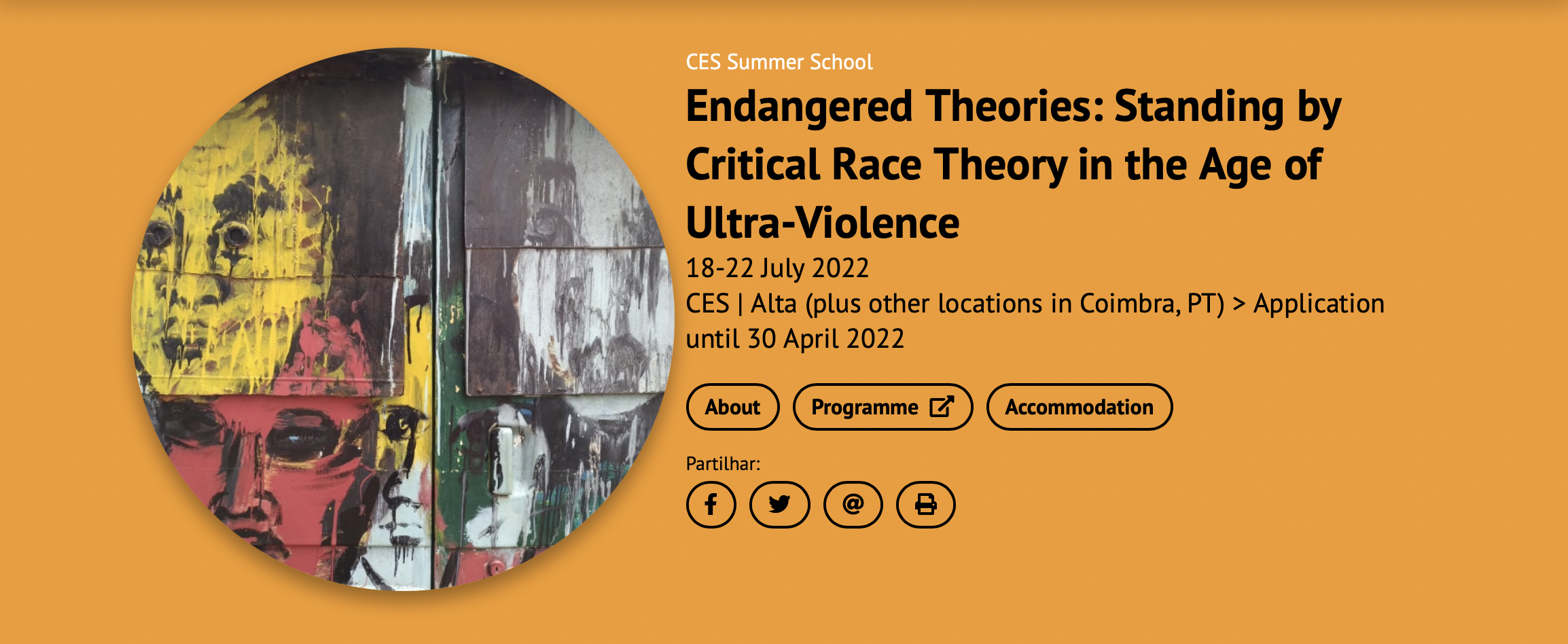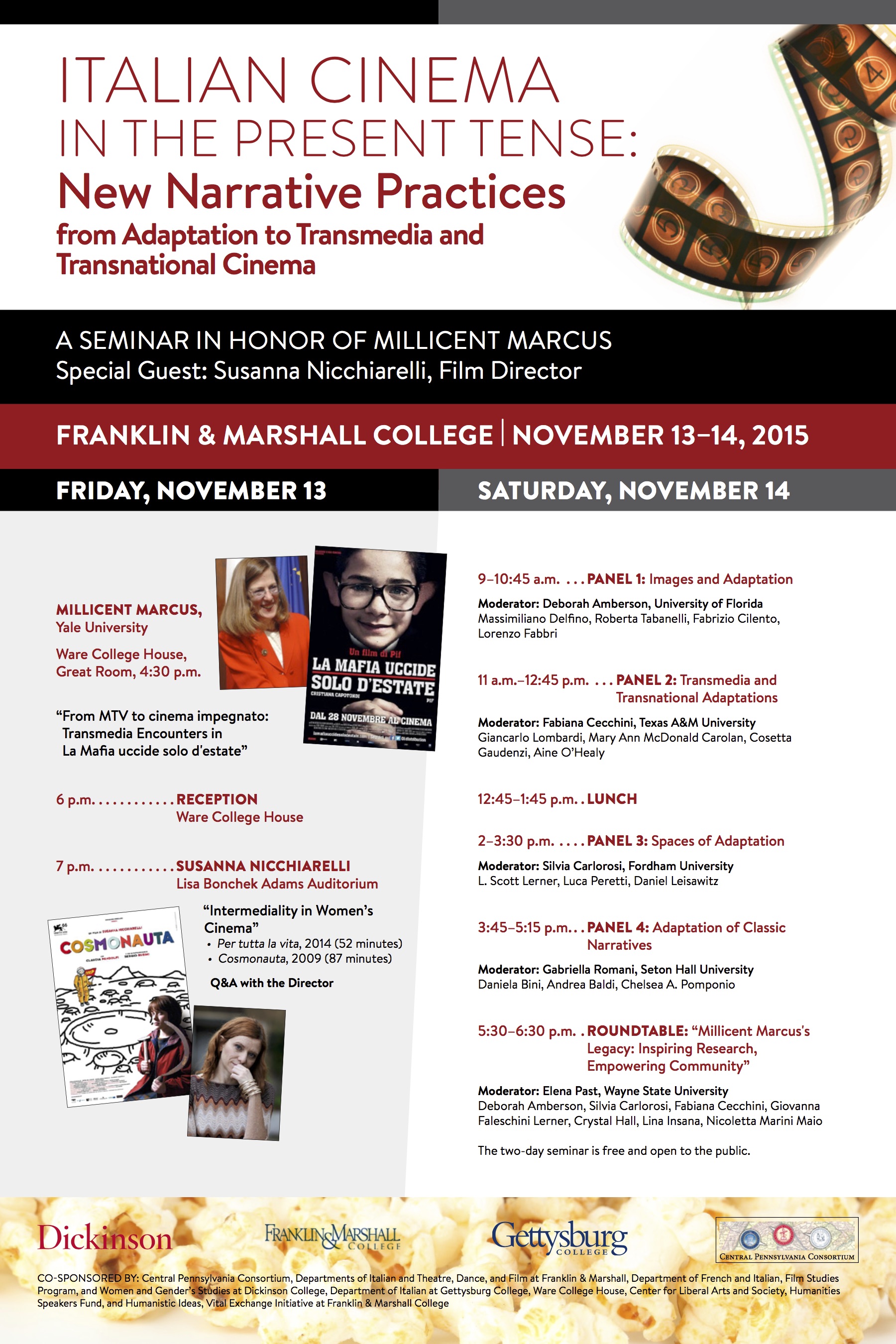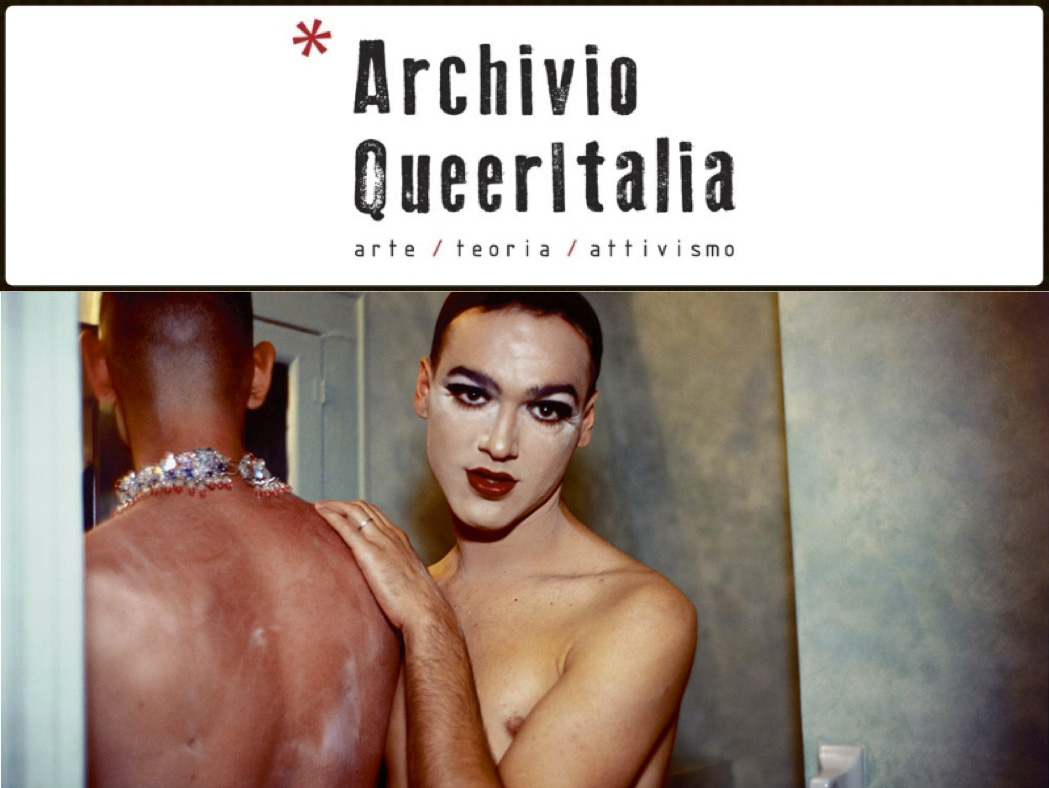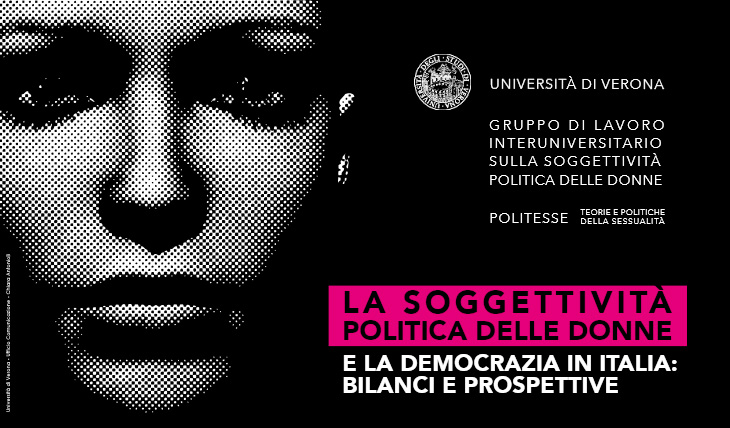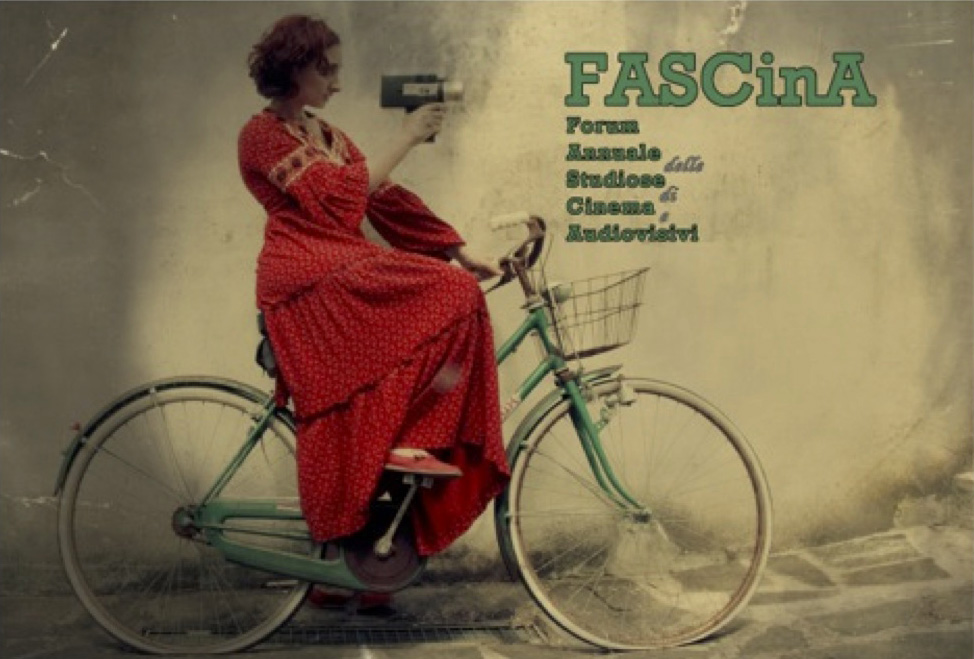The Department of the Arts of the University of Bologna, in collaboration with Brown University, Dickinson College, The University of Michigan, The Ohio State University, and Wesleyan University, invites applications for the 2022 “Mediating Italy in Global Culture” summer school, which will be held from Monday, May 23rd to Saturday, May 28th, 2022. This year we plan to hold the course completely in-person at the University of Bologna. However, given ongoing uncertainty related to the Covid-19 pandemic, the necessary measures and regulations will be followed to ensure everyone’s safety (i.e. adopting a hybrid format). Updates will be given in due time to the selected participants.
The summer school “Mediating Italy in Global Culture” offers an intensive learning experience during which graduate and post-graduate students can broaden their knowledge on the forms of production, distribution, circulation, and reception of the Italian audiovisual culture in the United States, the United Kingdom, the European Union, Asia and other national contexts. Specifically, the summer school addresses those forms of media representations associated with Italy and their manipulation by cultural industries, fandoms, and opinion leaders. Particular attention is paid to the crucial role played by foreign countries in the popularization of Italy’s depictions around the world.
During this six-day program, students are encouraged to think provocatively about these topics and debates while participating in lectures, seminars, and roundtables. Students will have the opportunity to present their research in an informal and stimulating environment and partake in discussions with fellow colleagues and faculty.
Lectures, seminars, and activities will delve into a variety of themes and media, including:
● Italian cinema (and its circulation in movie theaters, festivals, and digital platforms);
● Italian television, digital platforms and digital media;
● Italian novels, graphic novels and other editorial phenomena;
● Italian fashion, entertainment, advertising, and photography;
● Italian gastronomic traditions, lifestyle and food-inspired media productions;
● Italian sport entertainment, tourism, and related events.
Activities
Students will be involved in a variety of on-campus and off-campus activities. They will meet and interact with professionals working for internationally renowned local institutions, museums, and creative industries. Participants will be invited to take part in organized visits, tours, meetings, and social events throughout the week. A detailed schedule of lectures and activities will be provided on the website a few weeks prior to the beginning of the Summer School. This edition of the Summer School is also scheduled to take place just before the 2022 American Association for Italian Studies annual conference (AAIS) which will give participants the opportunity to cross paths with internationally renowned scholars.
Costs
The cost of tuition and supplementary activities is 150 euros. Due to the last editions held fully online or in a blended format, former students will be eligible for a fee reduction. Tuition includes free access to Wi-Fi on the university campus, access to the libraries and university facilities, and organized visits. Room and board are not included.
Application deadline: March 31st, 2022
Expected notification of acceptance: April 18th, 2022
For more detailed information, please visit the Apply Now section of our website.


